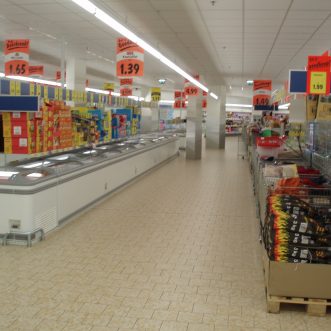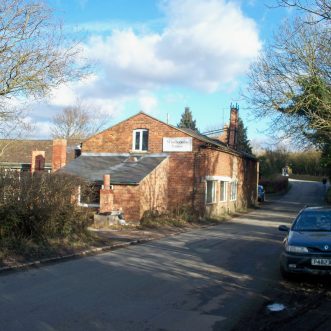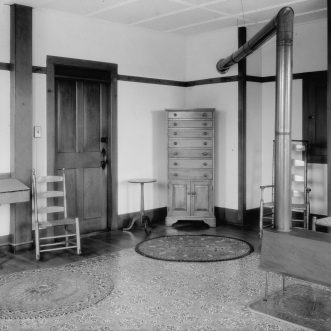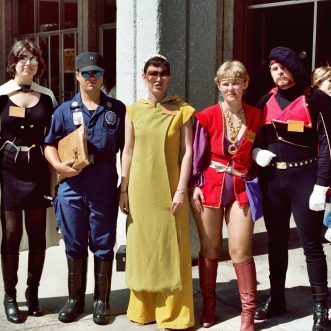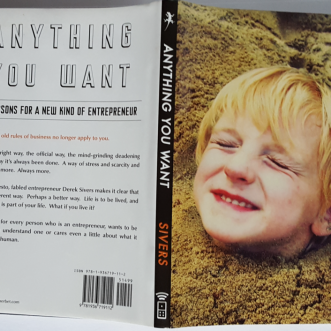April 3, 2019
It’s hard to imagine a more old-fashioned business than shipping goods around the world under sail, yet that’s exactly what’s beginning to flourish right now, thanks to 21st century technology.
The internet, and some clever (open source) platform software connects a global community of producers, consumers and small ports with merchants like New Dawn Traders, enabling sailing ship enthusiasts to voyage ‘for real’, carrying profitable cargo as well as people who’ve bought into the experience; bringing the theatre of a ship coming in to small ports – turning ‘online shopping’ into a community event.
What’s more, these cargos may travel under sail, but the ships use the latest navigational and forecasting technology to stay on course, and avoid being taken by surprise by the weather.
What’s fascinating is what doesn’t get automated. Hauling ropes, for example is done old-school, by hand, by the crew.
“You can get motorised winches, that would do all this at the touch of a button,” Alex Geldenhuys of New Dawn Traders tells me, “but doing it by hand and voice is great exercise, fantastic team-building and very good for morale. Why would you want to get rid of that?”
For this group of people, automation isn’t the end game, it’s the means to a completely new game, that creates space for the very best of what it means to be human – curiosity, connection, community, and care for the planet.
That’s a future I’d like to see more of.

